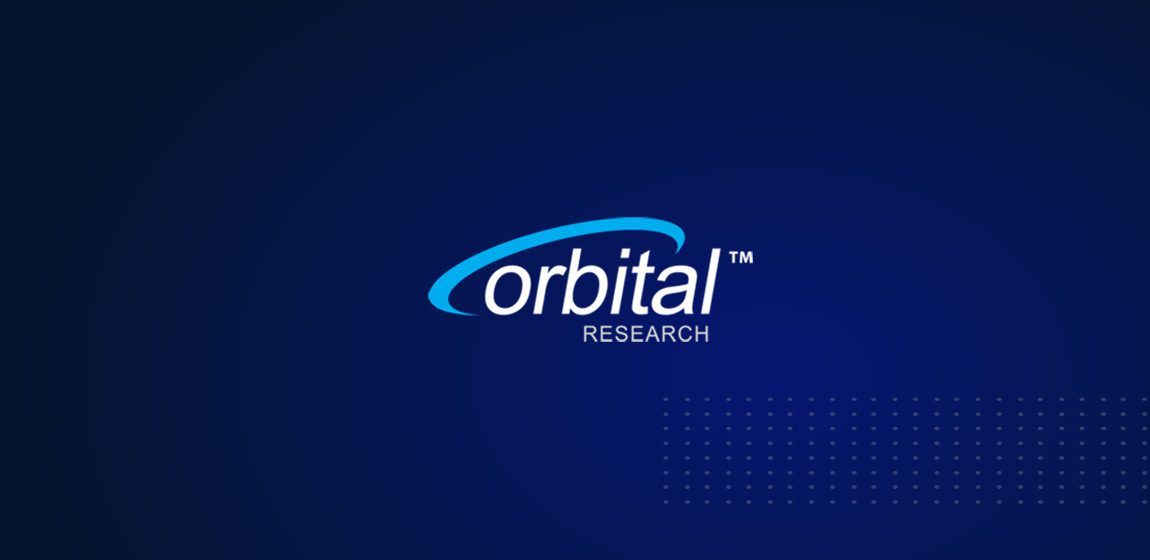Get to know Orbital Research
Joanna, engineering/R&D co-op student, summer 2019
Tell us a bit about yourself…
My name is Joanna Giannopoulos and I’m an electronics engineering student about to start my 3rd year at Simon Fraser University. I’m also an active member of SFU Satellite Design Team’s CSDC5 RF Program. We design and build CubeSats for various competitions and projects and hold outreach events to engage youth in STEM and the aerospace field.
What do you do at Orbital?
I support product testing, tuning and documentation of some of our products, like the Wideband Ka LNA. I have also had the opportunity to install a receiving system on our own rooftop with our Dual Ka LNB.
How does your involvement in the SFU Satellite Design Team help you at Orbital, and what skills have you learned at Orbital that you can use on the team?
Most importantly, my involvement in SFU Satellite Design Team introduced me to the field of RF and satellite communication systems. If I hadn’t become involved in the club, I likely wouldn’t have even considered it, let alone discovered an interest and passion for the field. It gave me an environment in which to become familiar with some of the terminology and basics of the RF industry early on in my degree, as the topic isn’t covered in my program until later years. Being a part of the team also gave me a chance to begin developing relevant technical skills that I then got to improve via my position at Orbital.
My co-op at Orbital has taught me a wide variety of technical skills that are incredibly relevant to my role in SFU Satellite Design Team. Altium training provided by Orbital has given me the skills to begin designing the RF PCB’s for our CubeSats, and learning to use RF test equipment like Network and Spectrum Analyzers allows me to confidently test our hardware in SFU’s RF lab. It’s also given me the chance to be a part of the satellite communications industry, and to observe what kind of technology is being achieved, and all the details and considerations that must be taken to do so.
What’s your favourite thing about working for Orbital?
My favourite part about working at Orbital is the variety of the work I get to do, and that I’m always learning something new. I get to see what’s happening firsthand in the satellite communications industry, like their 26 GHz receiver, which gives companies new opportunities for real estate in space. I also enjoy the fact that my work at Orbital is so relevant to my work in the design team: every so often I’ll be doing some research for a project at Orbital, and in the process find something relevant to a current problem or project on the design team. Efficient!
Do you have any dreams/goals within the satellite or space industry?
I’m currently still figuring out what parts of the industry interest me the most, but there are a few topics I’d like to pursue: communication between satellites, software defined radio, and deep space communications. The dream would be to work on more research-style projects for organizations like the CSA, ESA, and NASA, and to contribute to large-scale international initiatives like the Lunar Gateway.
What do you hope to see happen in the space-race in the future?
Student involvement. One of my favourite things about CubeSats is how they provide a great avenue by which to involve and engage students in the space/satellite industry. I’m starting to see this in other areas of the space industry, for example with the rocketry industry and sounding rocket university competitions. I appreciate how this is becoming more and more prevalent in the industry, and I’d love to see this continue to expand.
